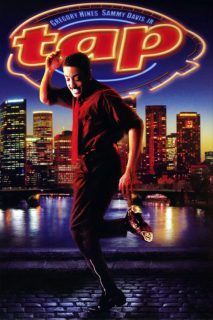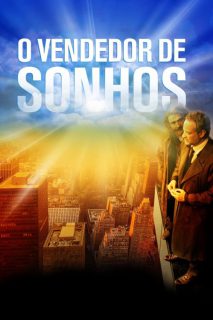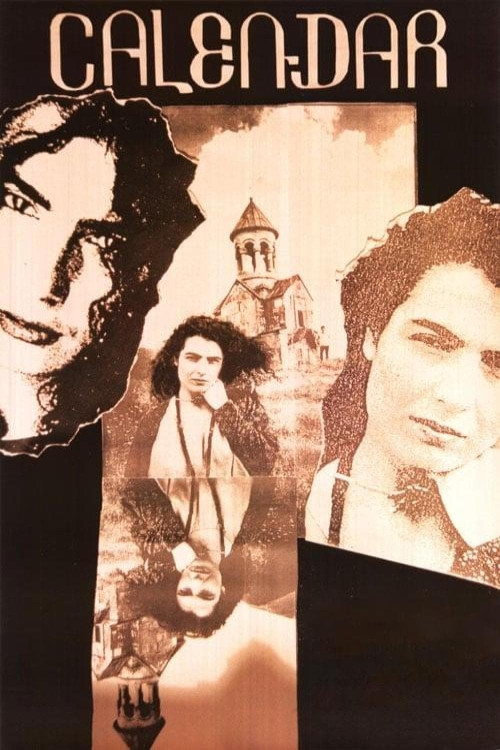
- Year: 1993
- Released: 03 Jun 1993
- Country: Canada, Armenia, Germany
- Adwords: 1 win & 2 nominations
- IMDb: https://www.imdb.com/title/tt0106504/
- Rotten Tomatoes: https://www.rottentomatoes.com/m/calendar
- Metacritics:
- Available in: 720p, 1080p,
- Language: English, German, Russian, Armenian, Hebrew
- MPA Rating: N/A
- Genre: Comedy, Drama, Romance
- Runtime: 74 min
- Writer: Atom Egoyan
- Director: Atom Egoyan
- Cast: Arsinée Khanjian, Ashot Adamyan, Atom Egoyan
- Keywords: identity, photography, family relationships, ruins, churches,
 | 6.7/10 |
 | 100% – Critics |
 | 73% – Audience |
Calendar Storyline
A photographer and his wife take photographs of Armenian churches for use in a calendar. Their driver, a local resident, expounds on the history of the churches while the wife translates. The photographer becomes jealous of his wife’s bonding with the driver. In a series of flash-forwards, the photographer stages identical dinners with several women, who pretend to talk on the phone while he writes. His wife, now estranged from him, leaves repeated messages on his answering machine, asking why he never contacts her. Yet another thought-provoking look into strange, intertwined relationships from the always enigmatic Egoyan.
Calendar Photos
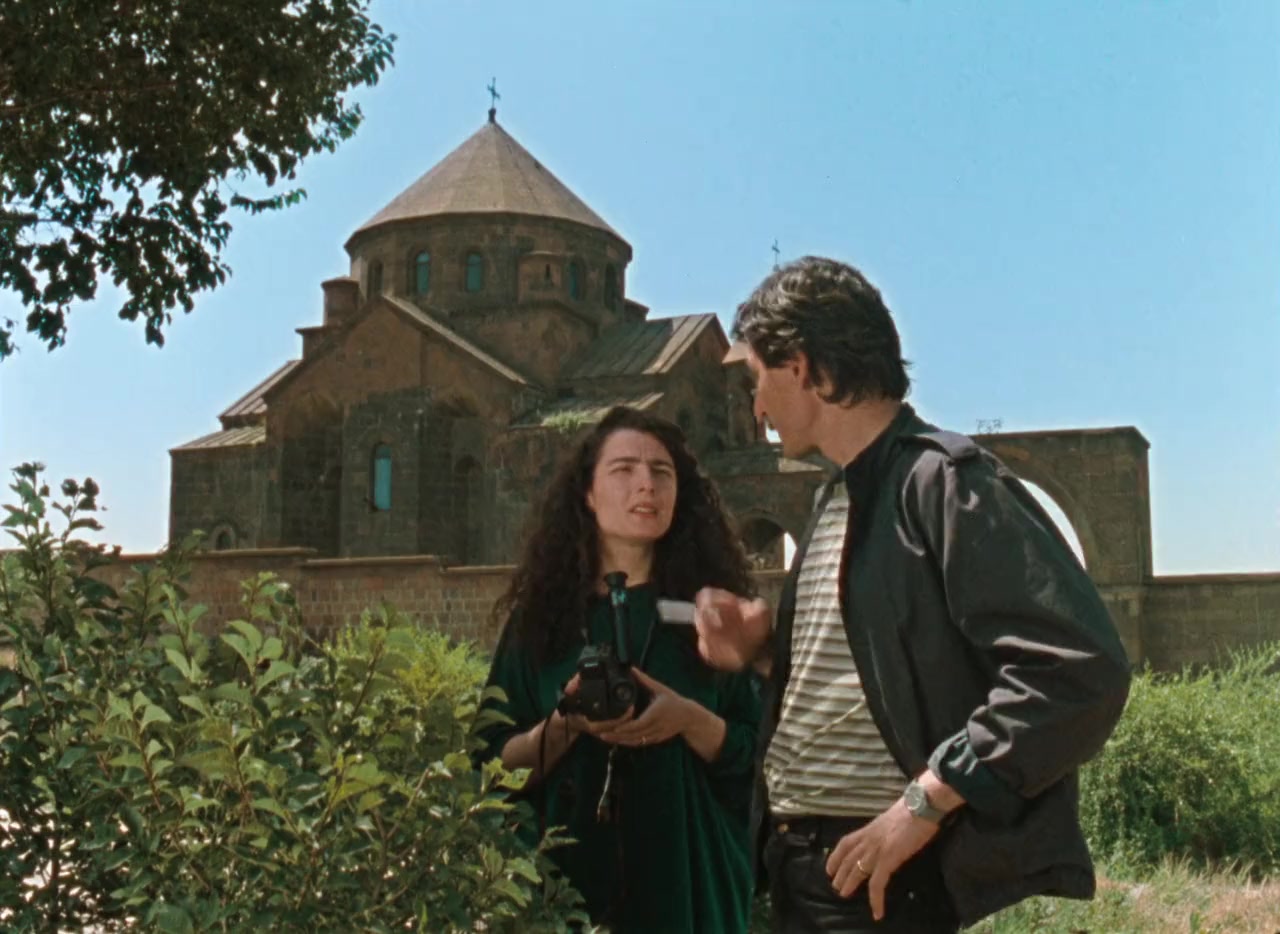
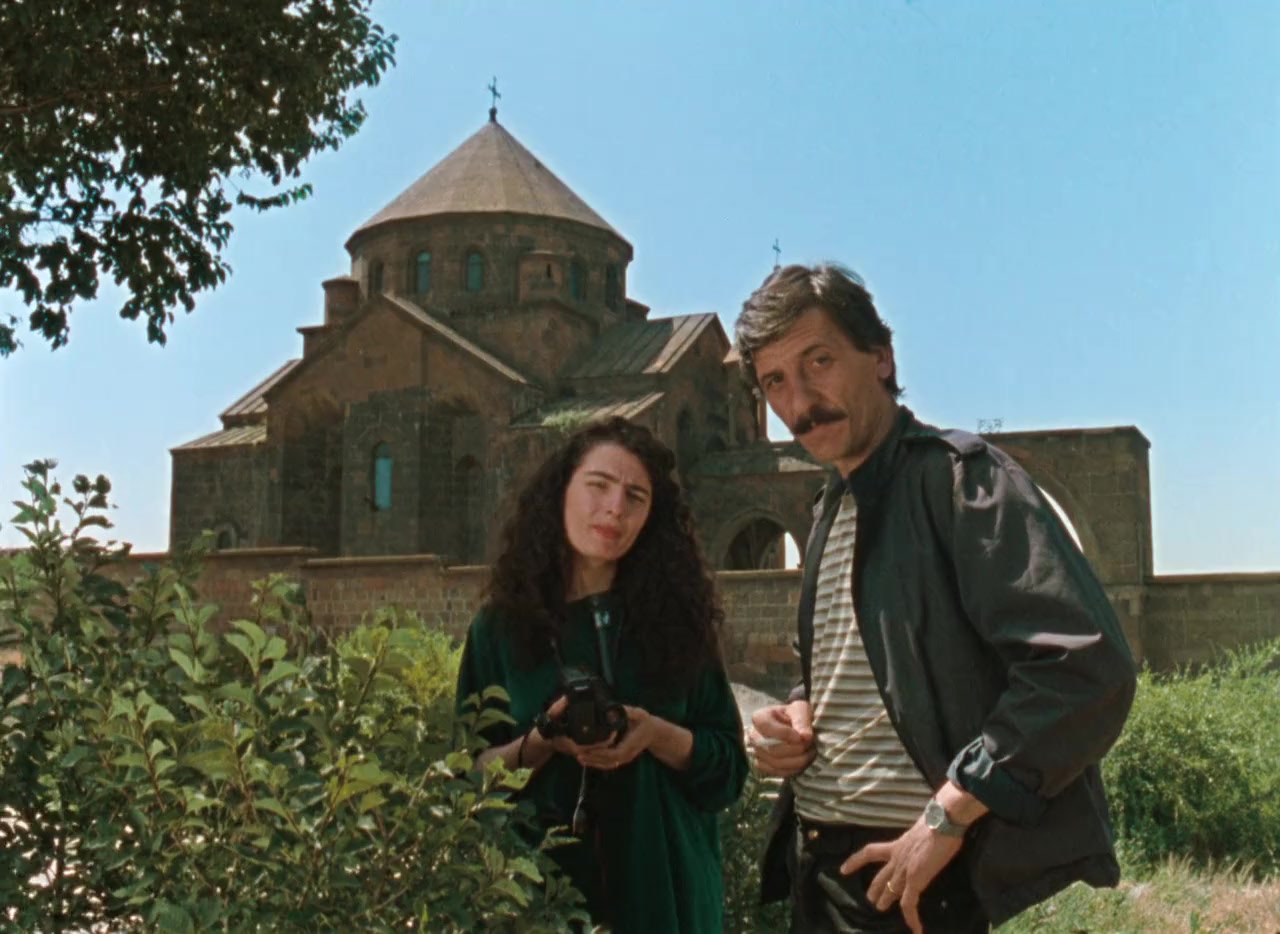
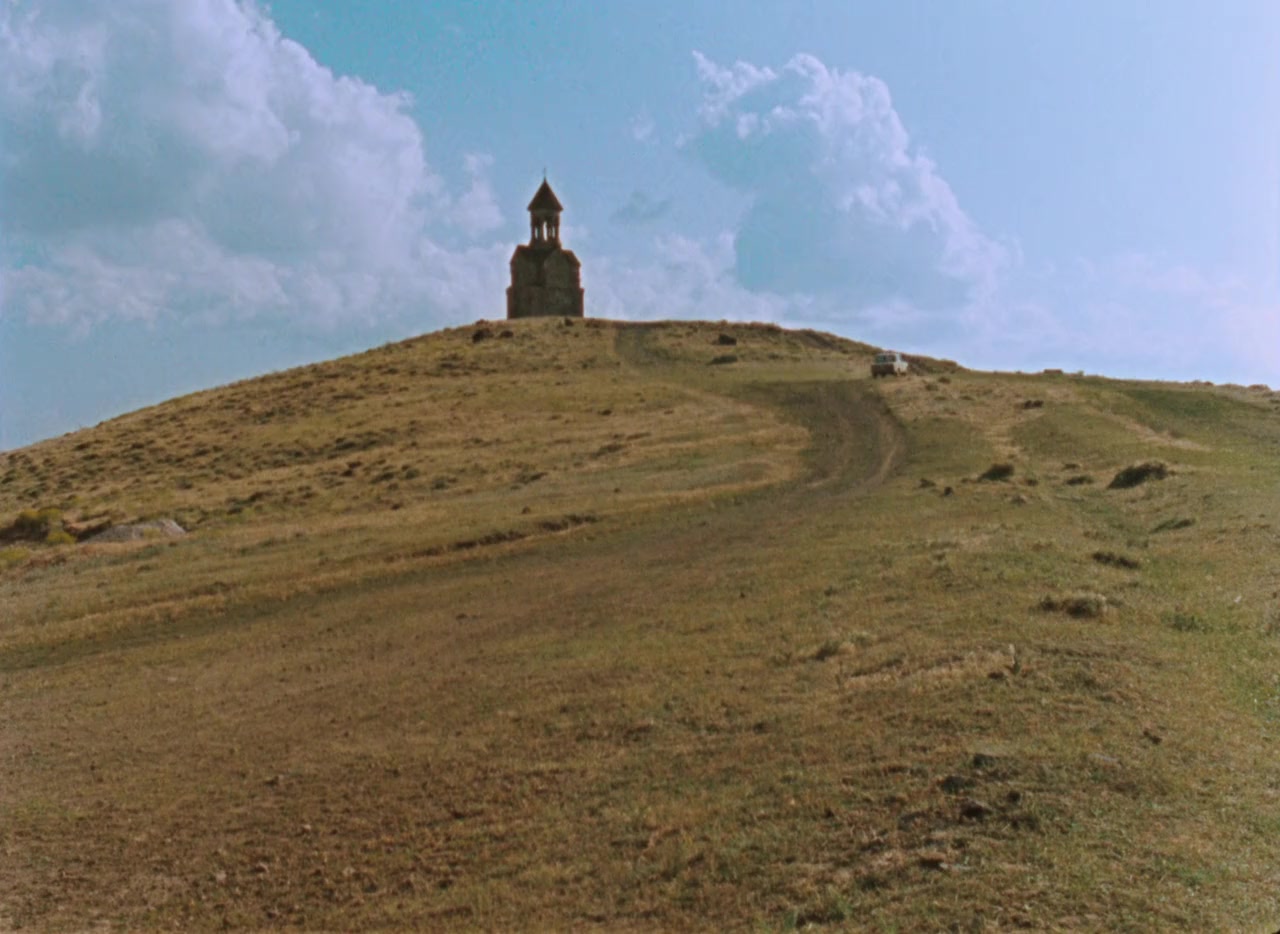
Calendar Torrents Download
| 720p | bluray | 671.62 MB | magnet:?xt=urn:btih:2EC6A3B0C55540214BE9469E8AB337427154ED20 | |
| 1080p | bluray | 1.22 GB | magnet:?xt=urn:btih:89C2068FF0B1DC38EF38C794CB50484D846E0B8A |
Calendar Subtitles Download
Calendar Movie Reviews
an interesting experiment
Atom Egoyan’s been very consistent in his career about two things. He likes messing with time frames, and his movies can come across as distant bordering on pretentious. Over the years he’s been perfecting the former, and making improvements on the latter, as evidenced in Exotica, and, especially, in the beautiful, devastating The Sweet Hereafter.
Calendar came before those films, and it is even more experimental than they are. It would feel pretentious if it wasn’t for the fact that Egoyan (more or less playing himself) portrays himself in a very unflattering light. But the whole enterprise does have that familiar Egoyan chill. He plays a photographer who is taking pictures of old Armenian churches for a calendar.
In what is perhaps an expression of self-doubt regarding his aesthetic instincts, his character seeks only to capture the superficial beauty of the churches, paying little attention to the history behind them. He is on this trip with his wife (played by Egoyan’s wife), and both of them are of Armenian origin. In Calendar, Egoyan could be trying to comment on any number of things, about his relationship to his wife, to his roots, and to his art. At times it seems like you can almost discern a message coming through, and the film does become somewhat intriguing, but in the end the director is simply too subtle for his own good. And thus he keeps his audience at arm’s length.
The shots of churches, though, are beautiful enough to make one want to visit Armenia.
Memory, displacement, distance
Atom Egoyan’s work is almost always about a distance from the immmediate events occurring. This film is no exception to this rule, but is heartbreakingly more accute in its treatment of the theme. Unlike the more popular films, there is no sympathy for the supposed main character, played by Atom himself. He is a dispicable, soul-less chap, without hope or redemption, lost in a fate of repetition that is of his own creation. Moreso than Egoyan’s other films, this repetition is a fantasy, moreso than compulsion. Here guilt is as much at play as destiny.
This film hurts me.
Segments of character
I’m not more widely familiar with Atom Egoyan’s work, but this small curiosity of a film has piqued my interest. It’s about a photographer (played by Egoyan) who, while on a commission to photograph churches in Armenia for a calendar, develops a riff between his wife, and later has to live with himself when she leaves him for their driver. These two temporal locations, the Armenian trip and his empty house afterward, are pulled together by a twelve-part structure to reflect the calendar that was made. While in Armenia, he is always behind the camera, while in Canada, he is always on camera. In this way we see both how he looks and also who he is. In Armenia, the name of the game is miscommunication: he can’t tell what his wife, who is the translator, is saying to their driver, and he can’t express how he feels about the two of them obviously growing attached to each other in front of his eyes; in Canada, he goes on date after date that basically just show off what a pathetic tool he really is (though of course there’s some question as to the staginess of the situation, as on the final date he says, “Okay, you can stop now,” leaving a sort of ambiguousness as to whether they were legitimate dates or he is re-enacting some important scene in his relationship with his wife with other women). Either way, Egoyan’s character comes across as a sadder, less quirky Woody Allen, a character that is risky to showcase because he can be incredibly unlikeable. The thing is, though, Egoyan builds him well enough that he’s recognizable and real. It’s easy to care for him, through all of his faults.
–PolarisDiB

